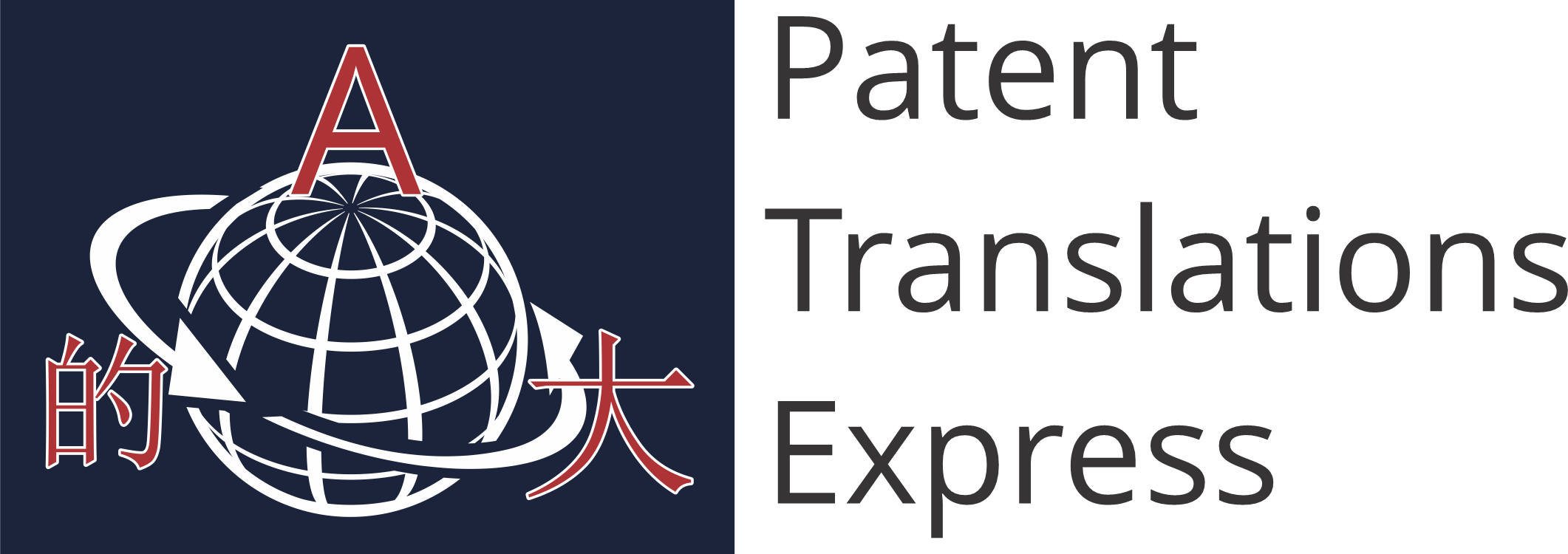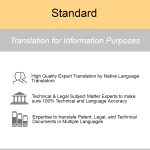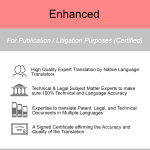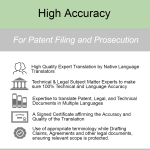Patent translation japanese english – Patent Translation Express offers the most economical patent translation services to law firms and corporates.
Patent translation japanese english
The domain of administrators is extending. As a pioneer, you’ll be a good example in the association, setting the tone not only for what completes but rather how it completes. Progressively, great business hone reaches out to stewardship, not simply of the association but rather patent translation japanese of nature and group on the loose. Morals and qualities based administration aren’t simply smart thoughts—they’re indispensable to pulling in ability and holding steadfast clients and business accomplices. Early administration standards were conceived of need. The most persuasive of these early standards were put forward by Henri Fayol a French mining engineer. In 1889, Fayol got to be executive of a mining organization. The organization was in trouble, yet Fayol could turn it around and make the organization beneficial once more. When he resigned, Fayol recorded what he’d done to spare the organization. He built up a “regulatory science” and created rule that he thought all associations ought to take after if they somehow managed to run appropriately. Frederick Winslow Taylor, a contemporary of Fayol’s, formalized the standards of logical administration in his 1911 book, The Principles of Scientific Management. Taylor depicted how efficiency could be extraordinarily enhanced by applying the logical technique to administration; therefore, the logical approach is some of the time alluded to as Taylorism. Taylor is most acclaimed for his “time examines,” in which he utilized a stopwatch to time to what extent it took a specialist to play out an errand, for example, scooping coal or moving overwhelming burdens. At that point he explored different avenues regarding diverse approaches to do the assignments to spare time. In some cases the change originated from better apparatuses. For instance, Taylor concocted the “art of scooping,” in which he directed time studies to decide how much weight a specialist could lift with a scoop without tiring. He discovered that 21 pounds was the ideal weight. In any case, since the business anticipated that every specialist would bring his own scoop, and there were distinctive materials to be scooped at work, it was difficult to guarantee that 21-pound ideal. Along these lines, Taylor furnished laborers with the ideal scoop for every thickness of materials, similar to coal, soil, snow, et cetera. With these ideal scoops, specialists got to be distinctly three or four circumstances more gainful, and they were remunerated with boosts in compensation.




